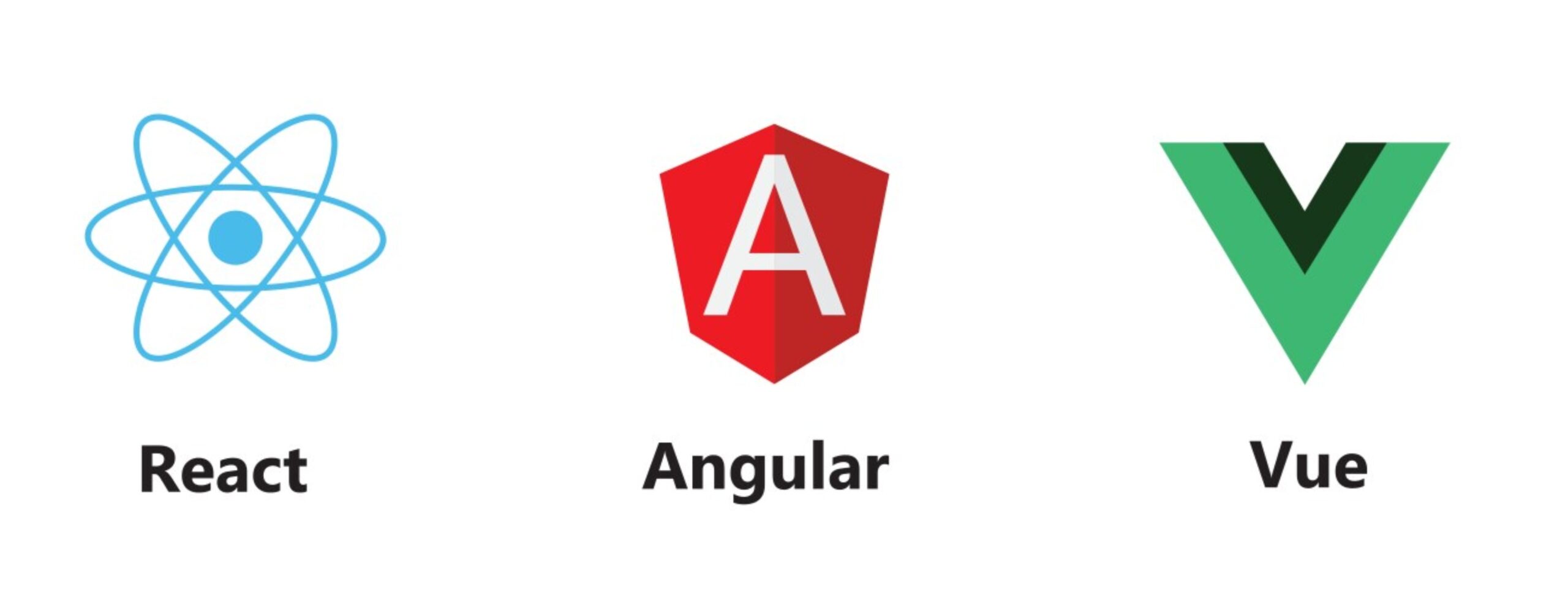Top 10 Website Development Tools That Will Boost Your Productivity
- Home
- Development
- Top 10 Website Development Tools That Will Boost Your Productivity

Building a website can be complicated, but the perfect website development tools make the process faster and easier. Whether you’re a beginner or an experienced developer, using the best tools helps you work smarter, not harder. In this blog, we’ll explore the top 10 web development tools that can boost your productivity. These tools cover everything from coding and design to testing and deployment.
1. Visual Studio Code (VS Code)
Visual Studio Code (VS Code) is one of the best tools for website development, as well as the best for front-end and back-end developers. This free, lightweight code editor by Microsoft comes with powerful features like:
● IntelliSense (smart code suggestions)
● Extensions (Live Server, Prettier, ESLint)
● Built-in Git support
Additionally, VS Code supports multiple programming languages, making it perfect for both beginners and experts.
2. GitHub
GitHub/GitLab are essential web development tools for version control. They help developers:
● Track code changes
● Collaborate with teams
● Deploy projects using CI/CD pipelines.
Moreover, GitHub’s vast open-source community makes it a great place to learn and contribute.

3. Figma
Figma is a cloud-based design tool that simplifies creating website layouts. Additionally, this
website development tool is best for UI/UX designers. Key features include:
● Real-time collaboration
● Prototyping & animations
● Developer-friendly handoff
Furthermore, Figma eliminates the need for multiple design files, making teamwork seamless.
4. React / Vue.js / Angular
● Vue.js – Easy to learn and integrate
● React – Flexible and component-based

5. Tailwind CSS
Tailwind CSS is a utility-first framework that speeds up styling. Unlike Bootstrap, it doesn’t force pre-built designs. Instead, you can:
● Customise designs directly in HTML
● Avoid writing repetitive CSS
● Build responsive layouts quickly
Additionally, it works well with React, Vue, and other frameworks
6. Webpack / Vite
Best for optimising performance, bundling tools like Webpack and Vite improve website speed by:
● Combining JavaScript & CSS files
● Minifying code
● Enabling hot module replacement (HMR)
Vite, however, is faster than Webpack, making it ideal for modern projects.

7. Chrome DevTools
Best web development tool for debugging. Built into Google Chrome, DevTools helps developers:
● Inspect HTML/CSS
● Debug JavaScript
● Analyse performance
Moreover, it’s indispensable for fixing layout issues and testing responsiveness.
8. WordPress / Webflow
If you’re not a developer, these website development tools simplify website creation:
● WordPress – Powering 43% of websites (with plugins like Elementor)
● Webflow – A no-code visual builder
Furthermore, both platforms offer SEO-friendly templates and easy content management.

9. Docker
Docker ensures your app runs smoothly across different environments by:
● Using containers for consistency
● Simplifying deployment
● Reducing “it works on my machine” issues
Additionally, it’s widely used in cloud-based development.
10. Postman
Postman helps developers:
● Test API endpoints
● Automate workflows
● Generate documentation
Besides, it supports REST, GraphQL, and SOAP APIs. Moreover, Postman is best for API testing.
Final Thoughts
Using the right website development tools can save time and improve efficiency. Whether you need a code editor like VS Code, a design tool like Figma, or a framework like React.js, each tool has unique benefits. Additionally, beginners should start with user-friendly options like WordPress or Webflow, while advanced developers can explore Docker and Postman. By integrating these best tools for website development, you can build faster, collaborate better, and create high-quality websites with ease.
Using the right tools is just the first step. If your website is slow, hard to navigate, or not mobile-friendly, it might be time for a refresh. Check out our guide on Top 10 Reasons Your Website Needs a Redesign to see if it’s time for an upgrade!
Newsletter
© All Copyright 2025 by IS IT Solutions
